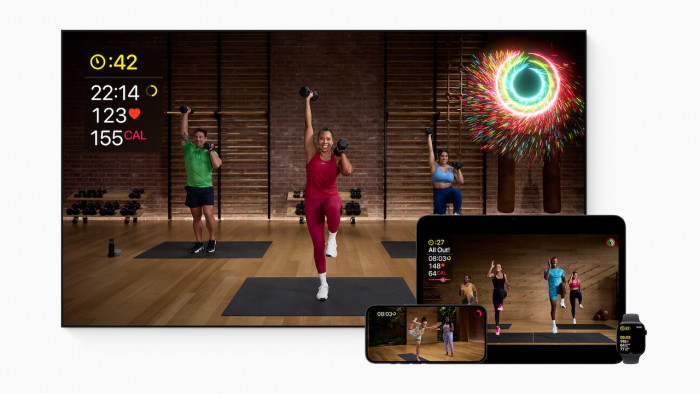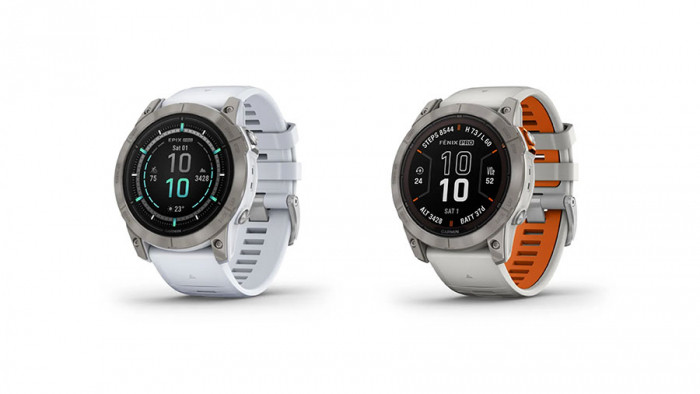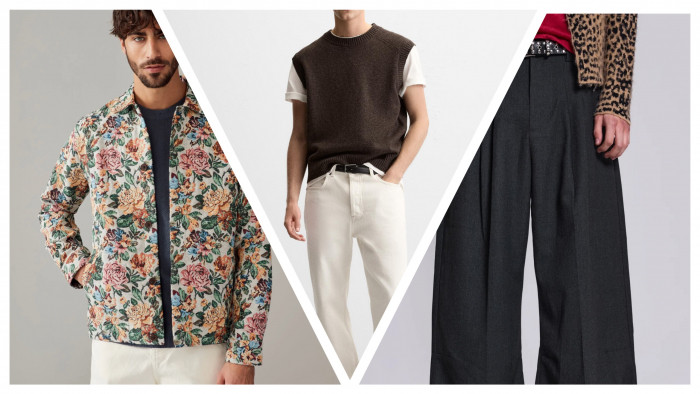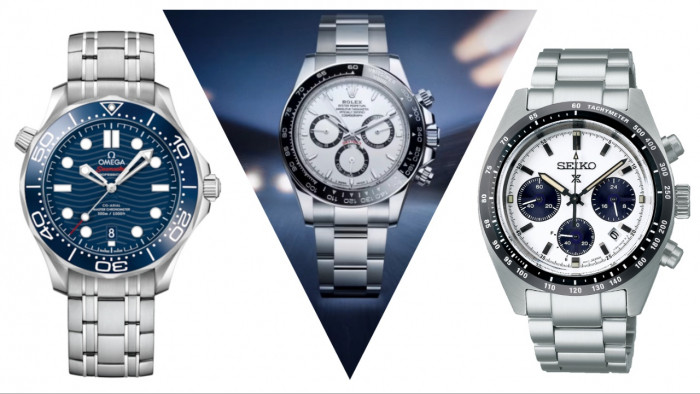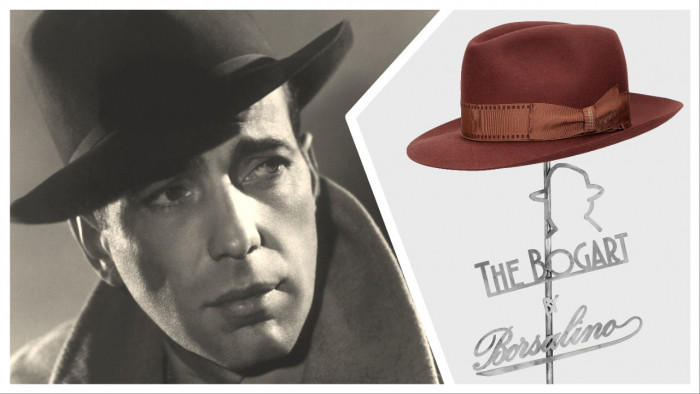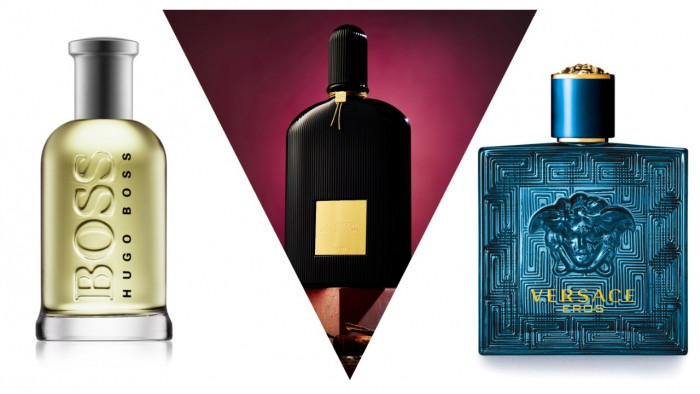Best running shoes in 2021: perfect footwear for every kind of runner
Great running shoes, whether you are a park runner or marathon pace-setter.

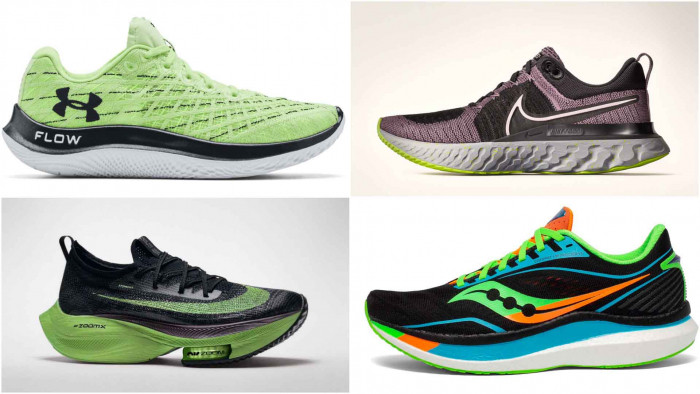
Whether you’re a beginner runner, striding the streets for general fitness or a seasoned marathoner prepping for your next race, the most important thing in any runner’s kit is a pair of the best running shoes.
Lacing into running footwear that suits your unique running style and training needs, can not only improve your performance and help ward off injury, it might also boost your enjoyment too. Though we can’t promise that.
However, with a massive selection of running shoes available – and plenty of technical jargon – picking the winning shoes from the also-rans isn’t simple. To help whittle down the options, we asked the expert running shoe testers at The Run Testers to put in the legwork in the latest shoes on the market to find the best pair for every type of runner.
Together we tested everything from the latest carbon-plated racers to the maximal cushioned superfoam long-run comfort shoes from all the big brands, including Saucony, adidas, Brooks, Hoka, Nike and Asics. We put in a minimum of 100km in every pair of shoes on this list and plenty that didn’t quite make the cut.
If you’re in a hurry, the best running shoes for value were the Hoka Rincon 2, the best overall were the Saucony Endorphin Speed and our top pick for chasing marathon personal bests were the Nike Alphalfy.
Here are the 10 that made our best running shoes shortlist. Below you will find out more information about the ones that really excelled in testing.
- Head to our best trainers guide for something a little more stylish.
Best running shoes

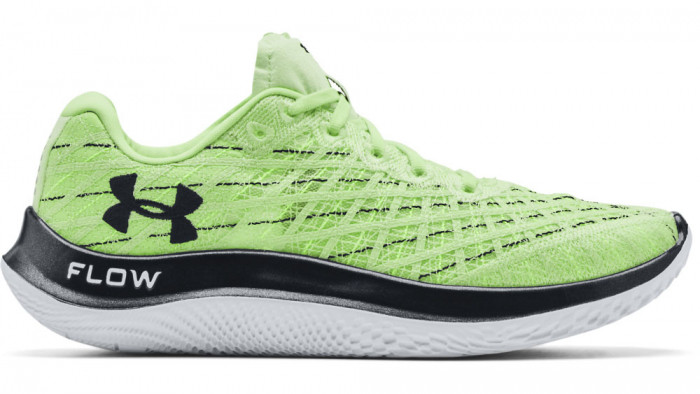
1. Under Armour Flow Velociti Wind
Another versatile shoe that comes with a smart, connected twist, the Flow Velociti has sensors embedded in the midsole that track and broadcast your vital running stats to the MapMyRun app, offering real-time coaching to help you improve your performance. Under Armour’s lightest and most agile shoe, the Wind’s reinforced mesh uppers provide good comfort while the one-piece midsole and outsole runs with a firm cushioning that’s well suited to nippy 10kms.

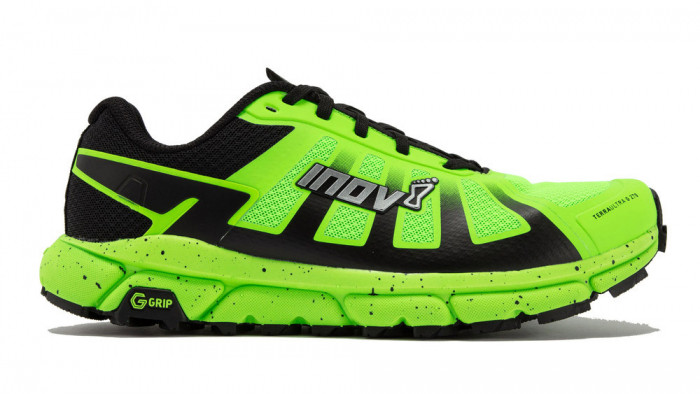
The best trail shoe of the year, the Terraultra G270 is built for long days off road on mixed terrain. It’s graphene-enhanced outsole offers excellent grip and unbeatable durability, in a shoe that’s all-round build quality is top notch. Fans of marshmallowy road shoes may find the run a little firmer underfoot but the balance of ground contact and lightweight cushioning works well over the long haul miles. At 270g it’s a lot lighter than many chunky trail shoes too, a big bonus if you plan to cover ultra distances.

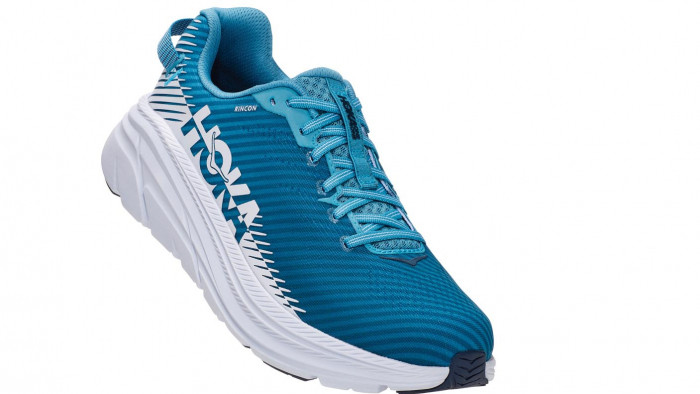
A good choice for everyday miles at paces between easy and uptempo, the lightweight Rincon 2 is an easy shoe to run in. Flexible, breathable mesh uppers support but don’t suffocate your foot, and there’s plenty of wiggle room in the toe box. Hoka’s trademark high stack of middling-firm cushioning protects your legs nicely on steady runs while maintaining good ground contact. If we had to gripe, we’d say they lack a little stability and the outsole durability could be better.

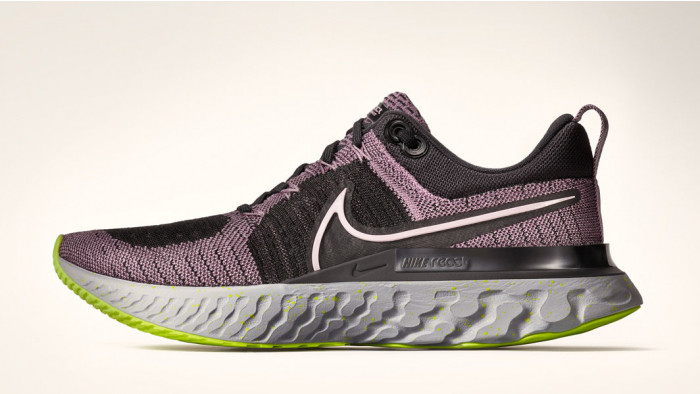
The second-generation React Infinity Run improves on Nike’s everyday training shoe. There’s a high stack of soft but responsive React midsole cushioning with a wider base for good comfort and stability over longer miles at slower paces. The Flyknit uppers hug the foot nicely, the tongue and heel are now padded for a plusher feel and there’s a reinforced heel clip for added support. A great go-to for casual runs.

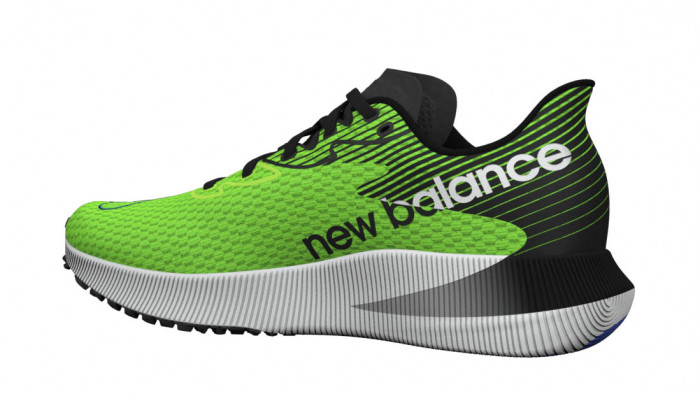
A lightweight carbon race shoe that’s light, fast and brilliantly comfortable, the Fuelcell RC Elite is happy smashing out fast intervals, half marathons and marathons. But mainly moving fast. Aside from that turbo-charged pop and response, the fit and feel is closer to regular running shoes than some carbon-plated options. The forefoot outsole is coated in small triangular rubber studs that provide impressive grip and beef up the durability. So you can use these more readily in your training rather than save them for race day.

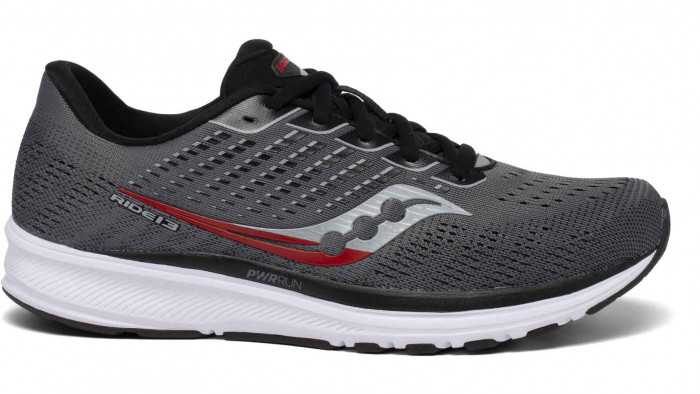
One of the best all-rounders we tested, the Ride 13 is an easy shoe to lace up for almost every run. It has a winning combination of cushion and pop that makes it great for runs where you’re not sure if you’ll end up clipping along at top speed or plodding steadily looking at the scenery. At 244g it’s a midweight shoe but the engineered mesh uppers make it disappear on the foot. The blown-rubber outsole also adds reliable durability.

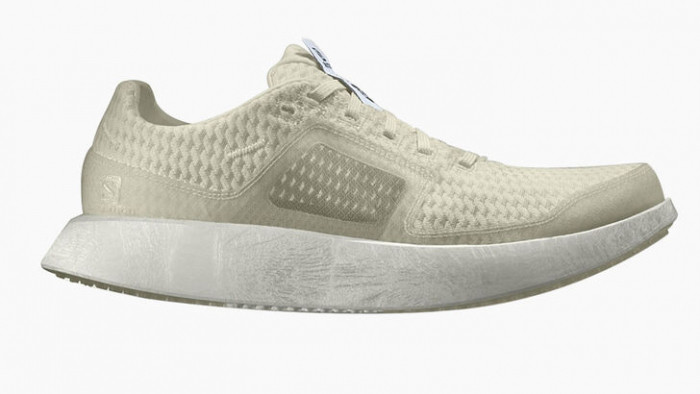
Eco-friendly shoes are still few and far between. Big brands like Adidas, On Running and newcomers like Veja and Allbirds are working to fix running’s addiction to petro-chemcials and landfill but making performance shoes from plant-based materials – or parts that can be recycled – isn’t easy. The Salomon Index is the closest we’ve come to a shoe that competes with traditional shoes on performance. The shoe is designed to be broken down and transformed into new products. But crucially the uppers fit snug and comfy and the midsole cushioning – while still firm – runs well underfoot. You don’t feel like you’re running in a shoe that’s made too many compromises. It’s not the best running shoe you can buy but if you’re getting out three times a week for fitness-boosting 10km runs, this does a great job. And helps the planet too.

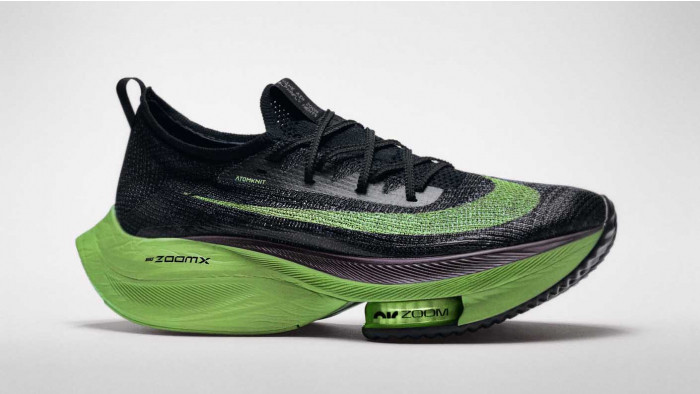
It’s hard to argue with the shoe that Eliud Kichoge wore to break the sub-2 hour marathon barrier. Despite lots of stiff competition, they’re still the most effective running shoes ever made for chasing marathon personal bests. The power is in the wedge of super responsive Zoom X midsole foam, the carbon plate and the AirZoom Airpods that provide extra firmness and propulsion when you push off. They’re best over distances from 5km up to the marathon and built for running at speed. Just don’t expect stability and forgiveness if your form goes to pot under fatigue somewhere deep into a marathon PB hunt.

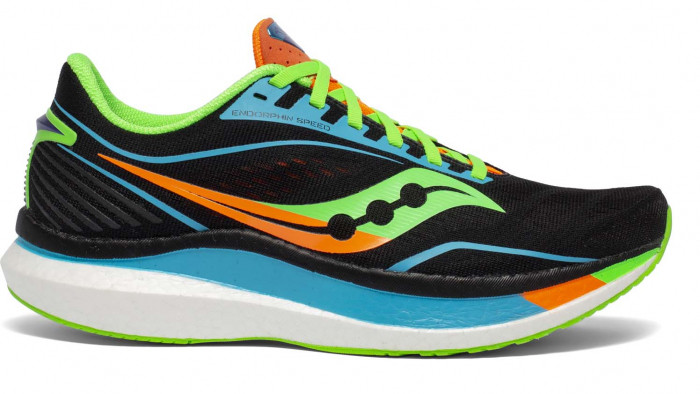
If you want to buy just one running shoe that’ll suit a wide range of runs, look no further. The versatile Speed packs a nylon plate in the midsole that’s softer and less stiff than most carbon plates along with a good stack of light, soft and responsive PWRRUN PB foam. SPEEDROLL technology in the midsole helps shift your foot from heel to toe more efficiently with each strike. This formidable combination helps the shoe take everything – from speedy intervals to long easy Sunday runs – in its stride.

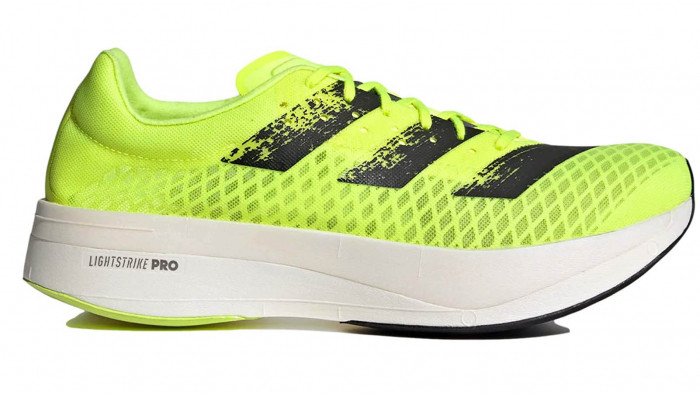
The Adios Pro doesn’t quite pack the same propulsive powers of the rival Nike AlphaFly but bang-for-buck, this is the best budget carbon racer you can buy right now. Unlike other plated shoes, there’s no foot-long carbon plate, instead you get five Energy Rods, one under each metatarsal to provide that propulsive toe spring. That works with Adidas’ lightest and most responsive midsole foam to date, Lightstrike Pro for light but bouncy ride. They perform best when you’re pushing out faster paces with your best form, but the sizable foam wedge at the heel also offers a little more protection when you’re not running in your finest form.
Best running shoes: overall
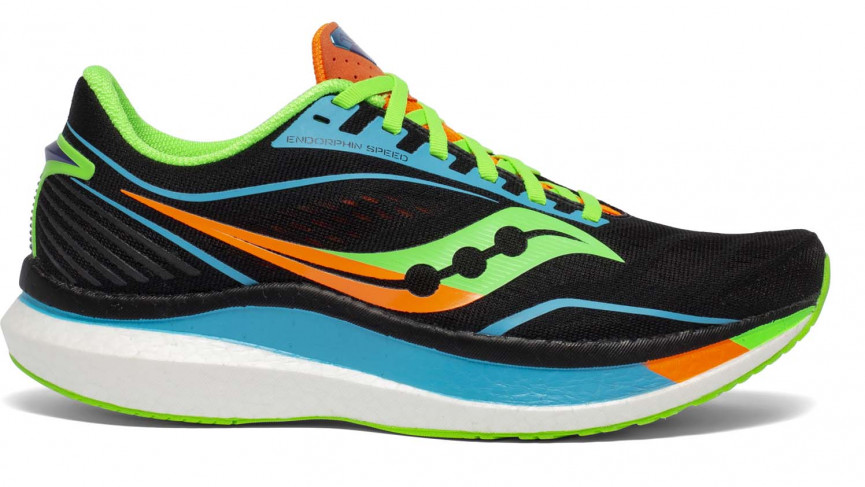
Picking a best overall running shoe is a tricky business because so much depends on how you run, where you run and what you need your shoes to do. But if we had to pick just one shoe that stands out for a winning combination of quality, versatility, durability and value, it’d be the Saucony Endorphin Speed. At £155, it’s not the cheapest you’ll find but for a mid-priced option, you’re buying a shoe you can lace up with confidence for almost any kind of training run.
There’s no doubt this shoe is at its best when your smashing out faster training runs, powered by that nylon plate that’s less stiff than carbon plates and the SPEEDROLL midsole tech that eases your transition in each step. It’s pitched as the training partner to Saucony’s Endorphin Pro race shoe and is tough enough to stack up the training miles and still be good to go when race day comes around.
Best running shoes: value
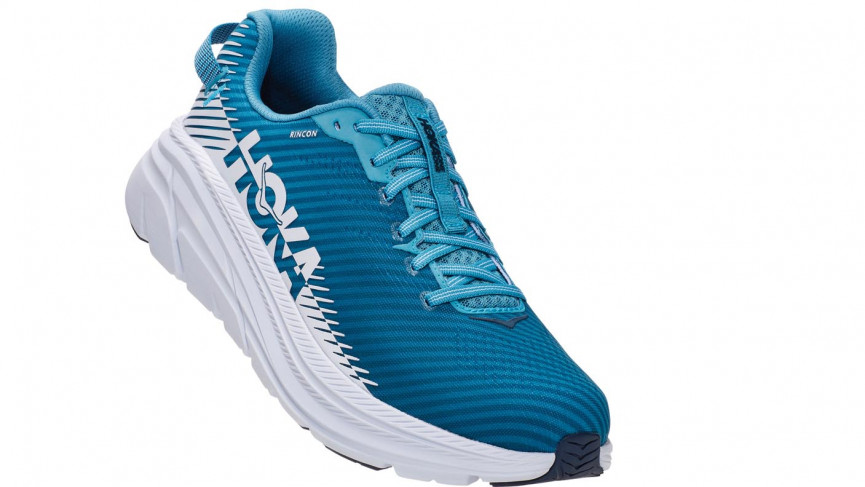
The most expensive shoes aren’t necessarily the best shoes. Not everyone needs to shell out £250 for a high-spec carbon plated race shoe. A good value shoe has to be versatile enough to cope with a good range of paces and terrain, at a price that’s not going to bankrupt. The Hoka Rincon 2 does exactly that. You’re getting a quality mesh upper with a comfortable ride that balances protective cushioning with decent ground contact and control. It’s not built for breaking records in races but it’s also not completely out of its comfort zone at snappier paces.
The outsoles can scuff up fairly quickly but even with a bit of grazing, these second-gen Rincons were good for 400 miles in our tests. It’s light too – just 184g in the women's and 218g in the men's – it’s the kind of shoe you forget you’re wearing. And that’s always a good sign. Hot tip: there’s not a huge amount of difference between the first and second generation and so if you can find an original Rincon even cheaper, you’re snagging a bargain.
Best running shoes: long distance

Elites who hammer out marathons close to the 2-hour mark with perfect form can get away with lighter, more minimal shoes than most mortals. The rest of us mortals need something different. Top traits to look for in a long-distance shoe, include comfort, efficiency, protection and support for when fatigue kicks your form into touch. That tends to mean a good stack of responsive midsole cushioning that soaks up some of the impact without making you feel like you’re running on sand.
Our top long-distance shoe for slower, steadier mileage is the Nike React Infinity Run 2. The uppers are snug and supportive, keeping the foot well cradled but with just enough flexibility, the heel collars and tongue are padded for comfort without falling into the trap of rubbing the lower Achilles and the React midsole foam absorbs the road with a good balance of cushioned stability and responsiveness. You don’t get the efficiency boost of a faster carbon-plated long distance shoe like the AlphaFly but the Infinity will happily clock 20-miles with reliable comfort. If you’re going even longer though and off road, the Inov-8 Terraultra G270 are the pick of the bunch.
Best running shoes: short distance
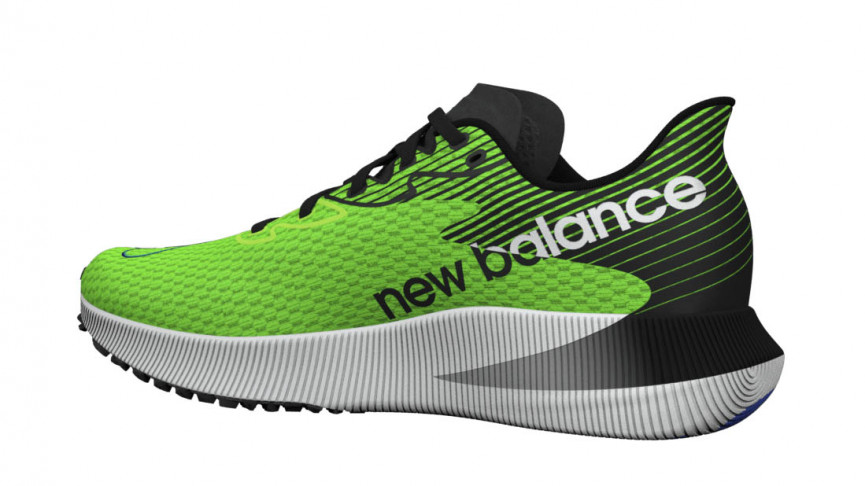
When we refer to short distance, we’re talking about runs 10km and below. Think fast parkrun 5kms and even track interval sessions like an 8 x 400m speed-building suffer-fest. Short distance shoes tend to be lighter, often but not always less cushioned and are more agile with good grip for taking tight corners at pace. In our tests we didn’t go as far as trialling track spikes and super minimal race shoes, we stuck to regular running shoes designed to excel at short and fast.
The top shoe on test was the New Balance FuelCell RC Elite. It’s a lightweight shoe – just 206g in the men’s and 172g in the women's – that can handle longer miles but runs brilliantly over short distances. It packs a full-length carbon fibre plate, high-energy return FuelCell midsole foam and a rubber studded forefoot section that’s brilliant for toe-off traction and grip at pace on tight turns.
Best running shoes: for comfort

You can’t overlook comfort when you’re buying a running shoe. No matter what technology and benefits a shoe claims to offer, if it feels horrid on your feet after an hour you’re unlikely to want to lace it up again. The first try-on feel is important. It’s a good sign if a shoe feels right and disappears on your foot the moment you step into it.
In our tests, the shoe that did that best was the Saucony Ride 13. If we had to lace up a shoe for a 90 minute Sunday run where comfort was the priority, it’d be this one. It offers the right balance of cushioning and protection, padding and weight. It hugs and holds the foot nicely without being so heavy it hinders. The Ride 13 is the running shoe equivalent of somewhere between a stripped out sports car and a luxury saloon.
